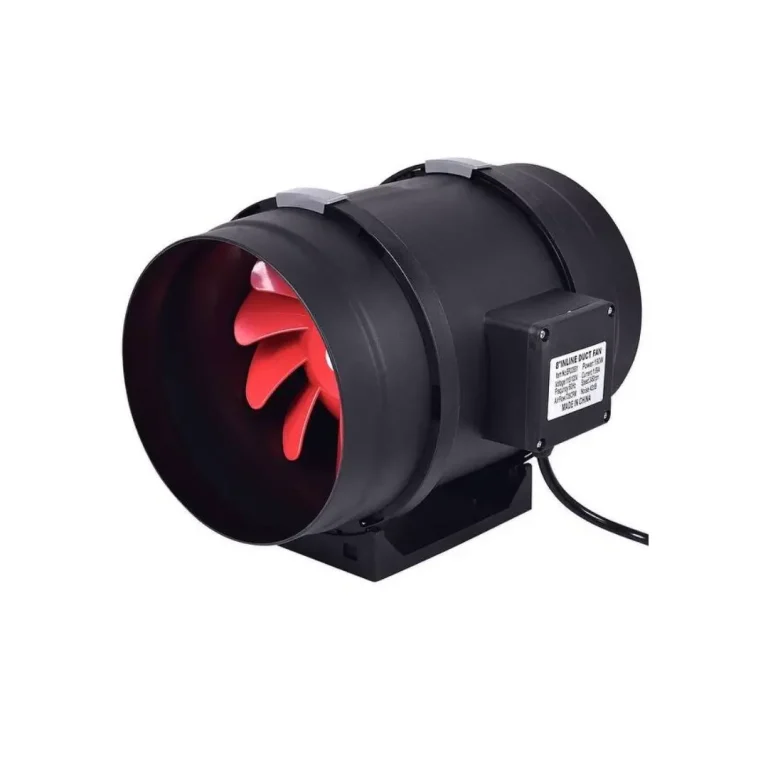WORLDWIDE SHIPPING via DHL | Free Shipping above 200aed in UAE | Free Samples | Exceptional offerings since 2010 PROJECTS CERTIFICATE & ACHIVEMENTS IMPORT & EXPORT
WORLDWIDE SHIPPING via DHL | Free Shipping above 200aed in UAE | Free Samples | Exceptional offerings since 2010 PROJECTS CERTIFICATE & ACHIVEMENTS IMPORT & EXPORT
Discover the benefits of using a plastic duct in-line fan for ventilation systems. Lightweight, corrosion-resistant, and energy-efficient – ideal for HVAC setups.

A plastic duct in-line fan is a type of axial or centrifugal fan designed to be mounted within ductwork to improve airflow. Unlike metal fans, the housing and sometimes the impeller are made of durable plastic, making it suitable for various ventilation needs where corrosion or weight is a concern.
Plastic housing reduces the fan’s overall weight, making installation easier—especially in ceiling or wall-mounted duct systems.
Plastic materials resist rust and corrosion, making these fans ideal for humid areas like bathrooms, kitchens, and grow rooms.
Most plastic in-line fans are designed for low energy consumption, delivering high airflow performance while reducing operational costs.
Many models are built to reduce vibration and sound, providing a quieter ventilation solution.
Bathrooms & Toilets: Extract moisture and prevent mold buildup.
Kitchens: Vent smoke and odors efficiently.
Grow Tents & Hydroponics: Maintain fresh air circulation.
Offices & Server Rooms: Keep electronics cool and ventilated.
Apartments & Homes: General HVAC and air circulation.
When selecting a plastic in-line fan, consider:
Duct Size Compatibility (e.g., 4″, 6″, 8″ diameters)
Airflow Capacity (CFM)
Noise Level (dB)
Power Consumption (Wattage)
Installation Location (Ceiling, Wall, Attic)

While metal fans are more heat-resistant and often more powerful, plastic in-line fans excel in:
Weight: Plastic is much lighter, making installation simpler.
Cost: Generally more affordable than metal counterparts.
Corrosion Resistance: Plastic fans are better for wet or humid environments.
Noise: Many plastic models produce less noise due to softer materials.

To get the best performance from your plastic in-line duct fan:
Choose the right size: Match the fan size with your duct diameter.
Seal the joints: Use duct tape or clamps to prevent air leaks.
Mount securely: Use vibration-reducing mounts to minimize noise.
Keep it clean: Regular cleaning ensures consistent airflow.
Yes, high-quality plastic fans are made from UV-resistant, impact-resistant materials and can last for many years.
These fans are suitable for moderate heat, but extreme temperatures may require a metal alternative.
Clean the blades and housing regularly to ensure optimal airflow and prevent dust build-up.
No, most models come with mounting brackets and are designed for easy installation within ducting.
Your email address will not be published. Required fields are marked *
On Orders AED 5000.
Support online 24 hours a day
View our benefits.
Payment methods.
Order on WhatsApp.
Copyright 2024 © AL RAMIZ. All right reserved. Irfan Ullah